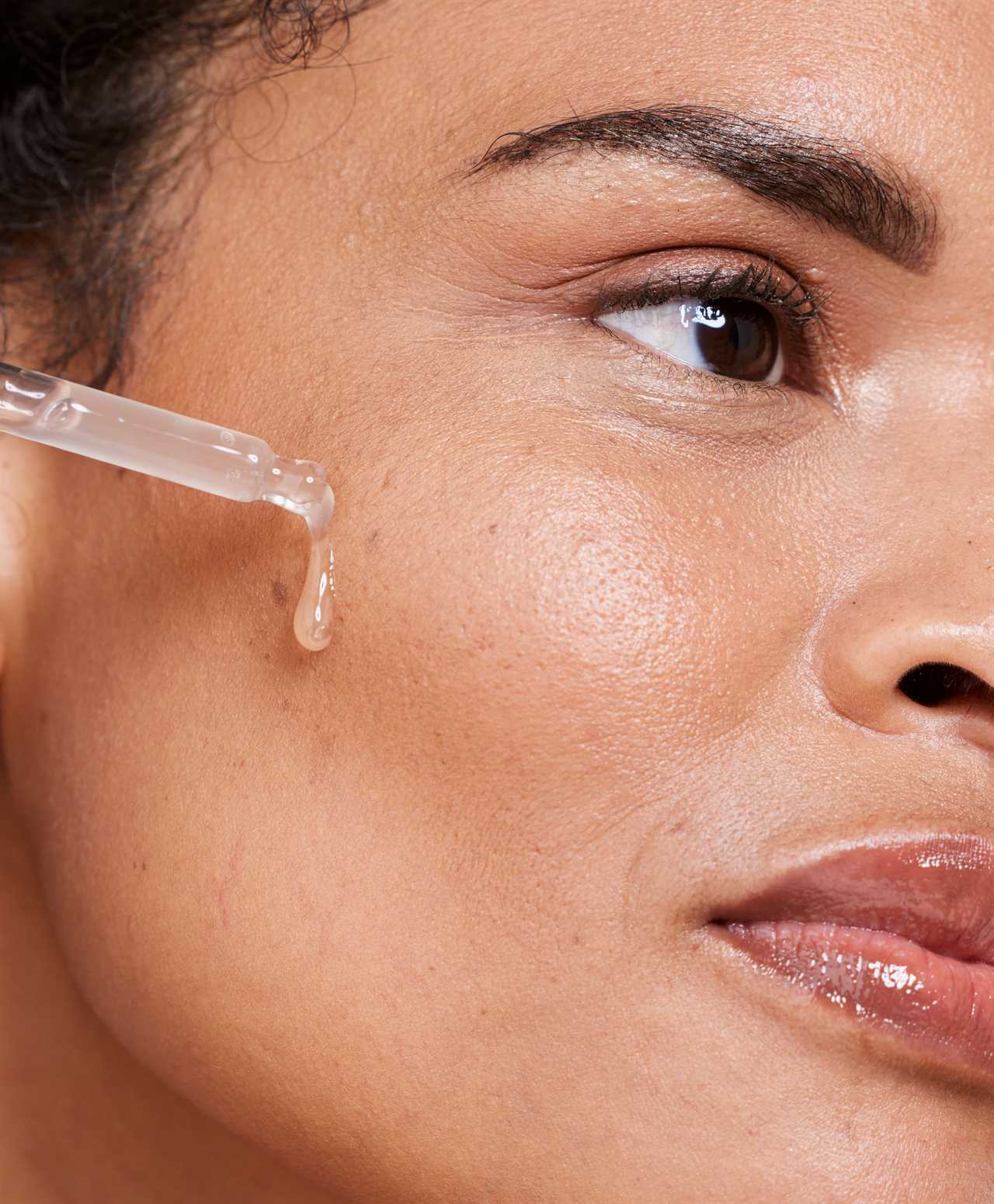
courtesy of popsugar.com
The Powerhouse Ingredient You Need
Amidst the myriad of ingredients in your skincare arsenal, vitamin E stands out as a versatile and potent ally for your skin. Commonly found in serums, lotions, and creams, this ingredient boasts an array of benefits that cater to various skin concerns. But what makes vitamin E a must-have in your skincare routine? Let's dive into the insights shared by dermatology experts.
Understanding Vitamin E
Vitamin E, known for its moisturizing and antioxidant properties, is a staple in beauty products. Derived from sources rich in fats and oils, such as animal products, nuts, and fruits and vegetables, it's a skin savior found in many forms. "On ingredient lists, you may see it referred to as tocopherol or alpha-tocopherol," explains dermatologist Anna Karp, shedding light on its scientific nomenclature.
Vitamin E's Skin Benefits Unveiled
Why incorporate vitamin E into your skincare regime? According to Dr. Karp, its antioxidant nature fights off free radicals from the environment and sun, protecting the skin from premature aging. Moreover, its anti-inflammatory and fat-soluble characteristics allow it to soothe the skin and penetrate the lipid barrier effectively. "Vitamin E combats free-radical damage, draws moisture into the skin, and softens the skin barrier," adds dermatologist Deanne Mraz Robinson, highlighting its multifaceted role in skin health.
How to Integrate Vitamin E into Your Skincare
Given its oil-soluble nature, vitamin E works well in lotions or serums. It's a fit for many due to its extensive benefits, but its form can make a difference, especially for sensitive skin. "For those with sensitive skin, opting for a lotion or moisturizer may be more beneficial than a serum," advises Dr. Mraz, pointing out the gentler impact on the skin's outer layers.
Is Vitamin E Right for Everyone?
While most skin types tolerate vitamin E well, its suitability varies. "Pure vitamin E oil is not recommended for oily or breakout-prone skin," warns Dr. Karp, suggesting a patch test for those with sensitive skin. Dr. Mraz adds, "For acne-prone skin, lighter-weight serums or lotions are preferable, while dry skin may benefit more from an oil-based product." It's crucial to consider the product's other ingredients to ensure compatibility with your skin.
With its impressive range of benefits and versatility, vitamin E is a valuable addition to your skincare routine. Whether seeking to combat environmental stressors, moisturize, or soothe the skin, this powerhouse ingredient offers solutions for a radiant, healthy complexion.
*** We value our sponsor *** |
| [TAG1]
Image Credit: Anita Catlett / AuthorsUSA.com |
Did you miss our previous article...
https://naturesmart.us/beauty/the-hidden-risks-of-topical-steroid-use-what-you-need-to-know
 HealthWellnessFitnessBeautyVideosPrivacy PolicyTerms And Conditions
HealthWellnessFitnessBeautyVideosPrivacy PolicyTerms And Conditions
